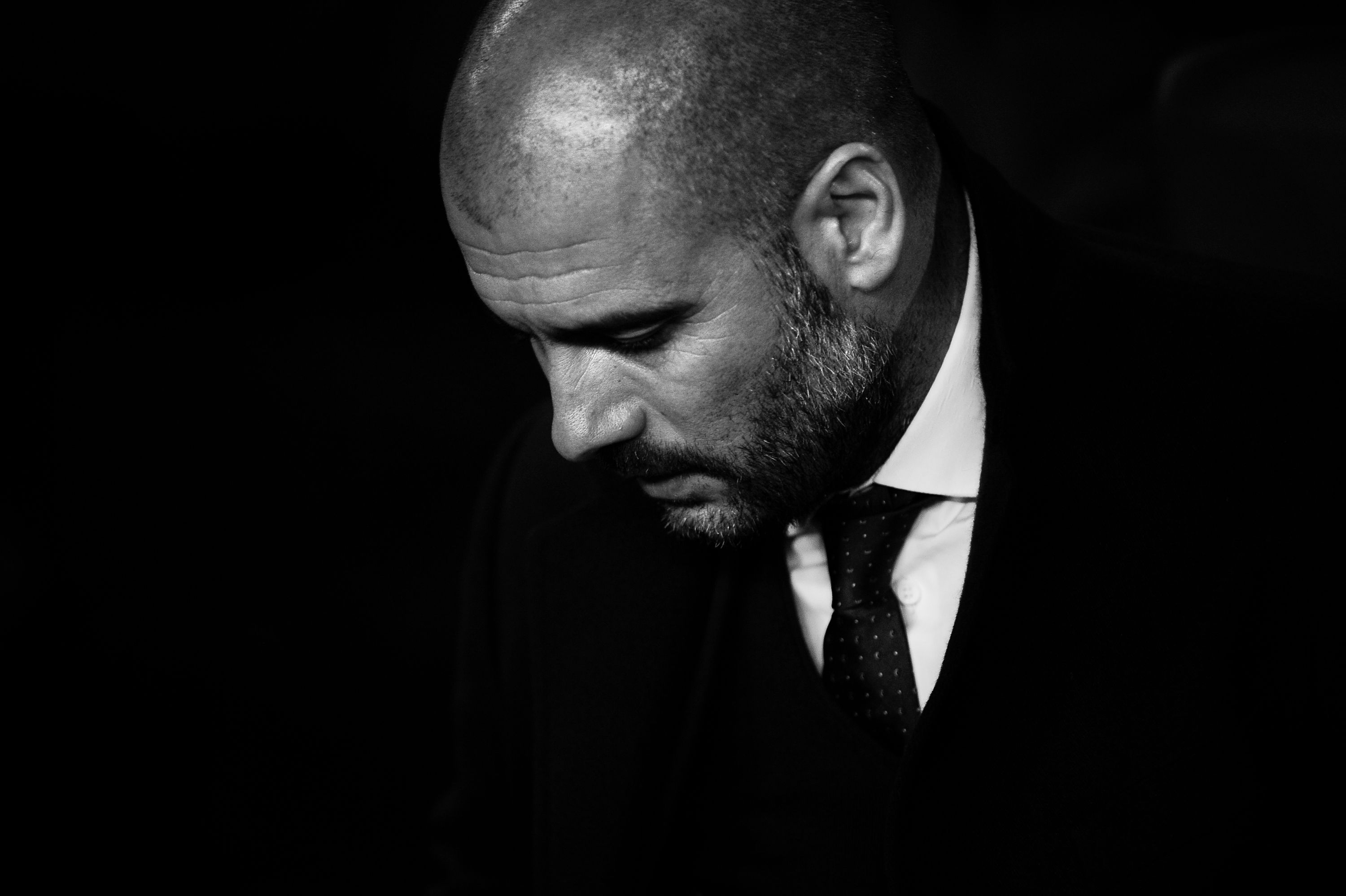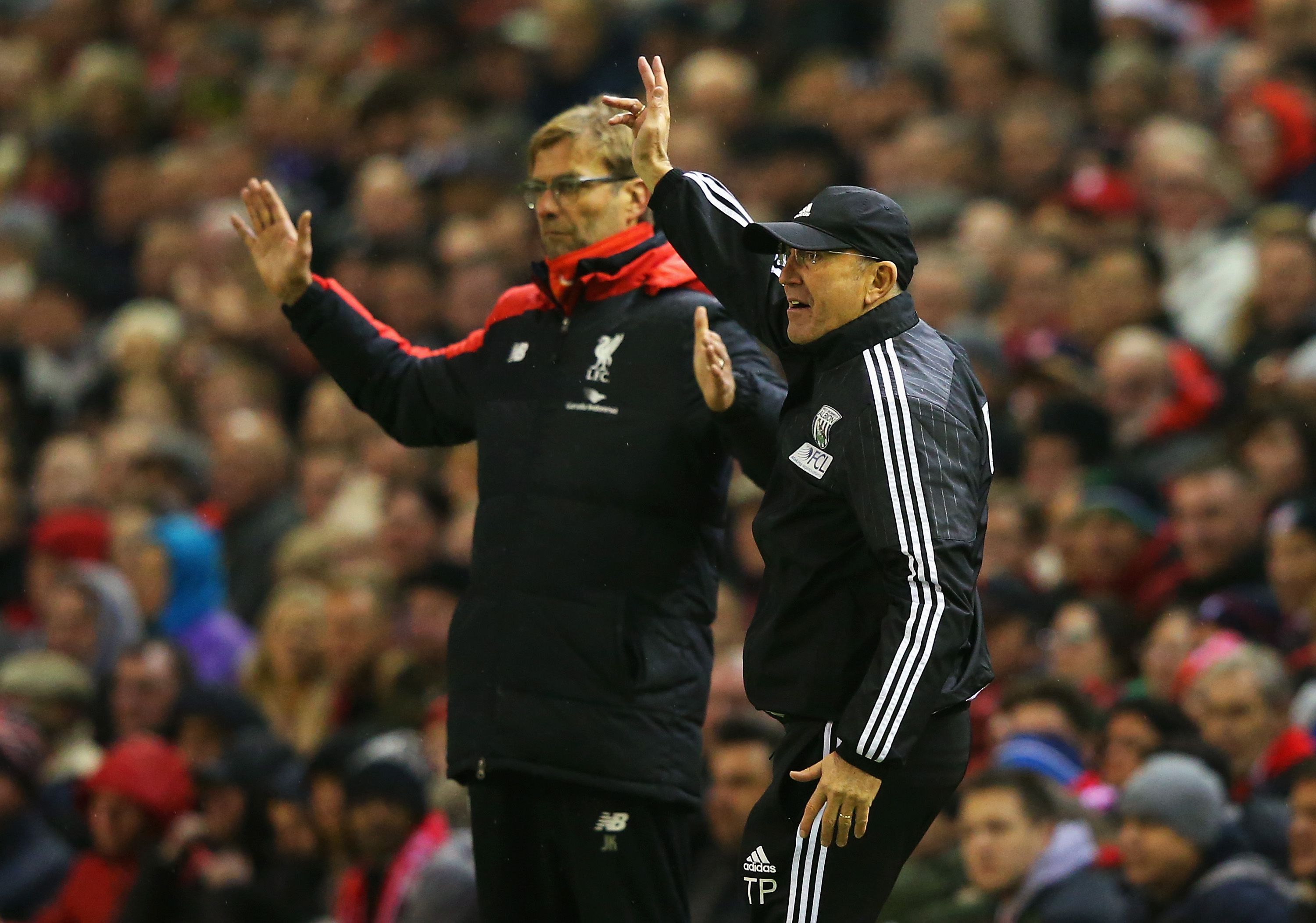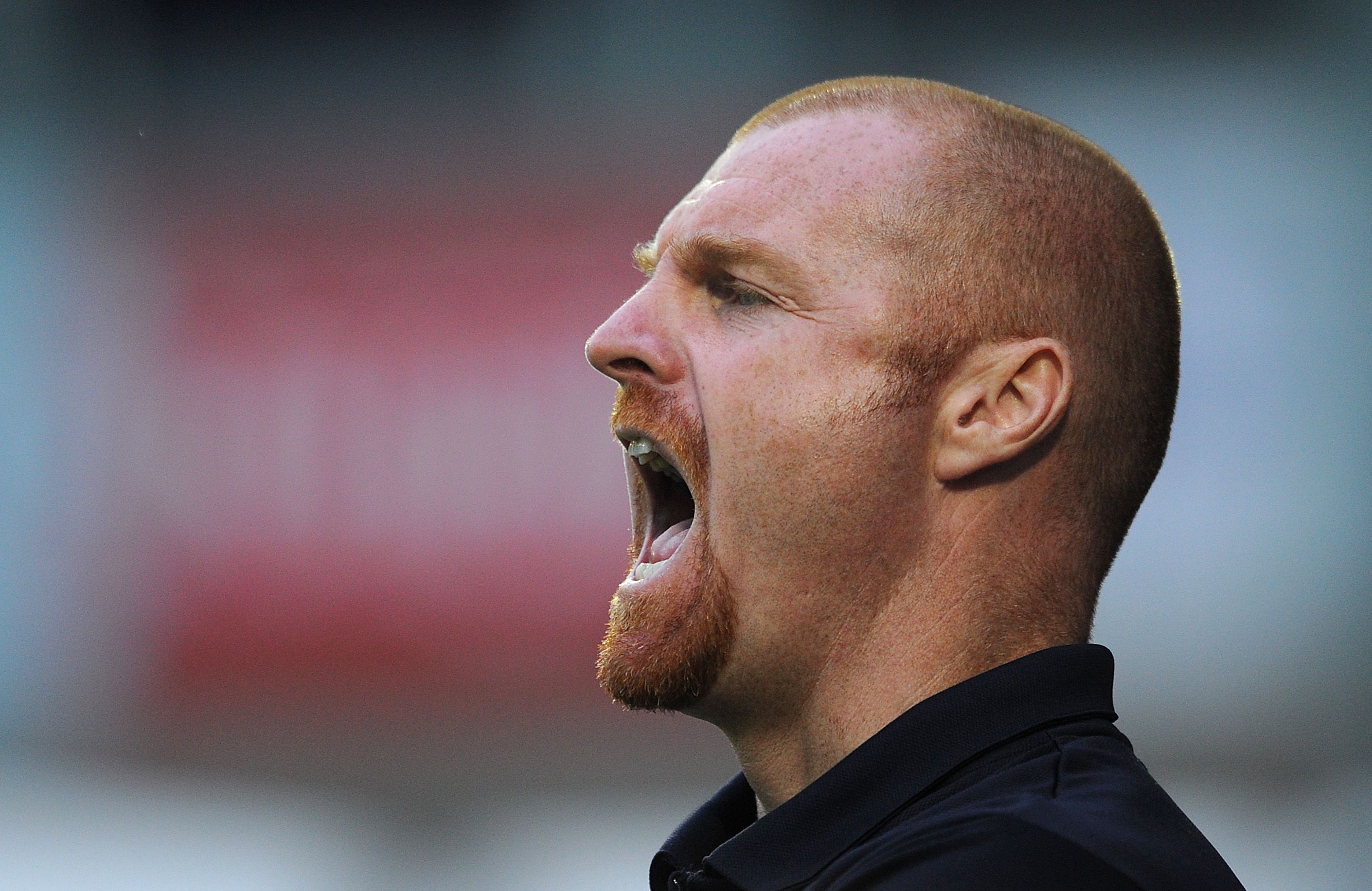If there is a cult protecting Pep Guardiola, its fanatical membership fell silent on Saturday night, even if their absence didn’t stop some suspecting that Pep was benefitting from suspiciously gentle treatment.
“If Jose Mourinho was manager of this Man City side, he would be getting absolutely hammered for that display,” Robbie Savage said on BT at half-time, ignoring the fact that Pep was getting hammered for that display.
But was he getting hammered enough? Savage frothed like a man who was going to bust the case wide open, who had seen the truth and now felt compelled to share it: the emperor wasn’t wearing a cashmere turtleneck, he was naked.
Pep, by this analysis, has been found out, a manager who got lucky once when he inherited Messi, Iniesta and Xavi is now less successful when he manages teams which don’t contain Messi, Iniesta and Xavi.
No manager, not even a genius, would do better without them than with them, but there are worrying signs for Guardiola.
He seems determined to live in interesting times, eschewing pragmatism or anything humdrum, when we can all do with a little bit of routine in our lives. Instead he pursues progressive ideas relentlessly, determined never to be boring like Thom Yorke when he said he’d had enough of melody in Radiohead’s music.
For those who like a tune, this can be maddening. More importantly, Pep may drive himself mad in pursuit of whatever theory it is that says Pablo Zabaleta can play in midfield ahead of a defence of Bacary Sagna, John Stones and Aleksandar Kolarov.
He will drive others mad too, most notably his players, while even those on the periphery like Savage might be enraged by what he is doing as they try to figure it out.
But there is no hiding place, no protective wall of supporters for a manager who is trying to overhaul a squad of players which had grown bloated and lazy, even if he is trying to do it by rolling out some avant-garde ideas.
It is more testing for Guardiola at City than it was at Barcelona with Messi or at Bayern with the pick of the country’s players, but this doesn’t make him a fraud, even if it might not make him a genius either.
Of course, managers like Mourinho, Klopp and Guardiola have benefitted from the aura that surrounds them, but that has always been a part of management.
In September, City were being hailed as champions, proof for some that there is a slavish devotion to Guardiola, even though City were being hailed last September as champions too and few detected the presence of a cult surrounding Manuel Pellegrini.
Managers have an aura because of their ability to persuade people to embrace their ideas, which is what management may be about.
Savage went on to contrast Pep, “who is supposed to be a genius”, with the performance of Tony Pulis’s West Brom. “Tony Pulis gets hammered for boring football”, Savage said when he felt, in fact, everyone could do with a bit of Pulis.
But Pulis isn’t getting hammered anymore. Pulis is finally getting the recognition he felt he always deserved after a fine November.
But still some wonder if it enough. Last month, Pulis became the latest manager to note that foreign coaches may benefit from the attraction of the new and the desire to be part of something fashionable.
“That’s the way it is. They come into the country, they’re sexy, they’re new, they’re bright,” Pulis said. “That’s fine, brilliant, not a problem for me. I’ll listen to them, they say Klopp trains them three times a day in pre-season, absolutely amazing. I’d never have thought of that…they do stuff that is astonishing, that we’ve ‘never heard of’.”
Presumably the last comment was said with Pulis doing imaginary air quotes while rolling his eyes and speaking very slowly to underline the sarcasm.
But there is no need for that anymore, not while Pulis’s West Brom are demolishing teams, scoring goals and pushing them backwards, and Sean Dyche has won more home games than Mourinho and Guardiola combined.
Pulis and Dyche are now part of the pushback from British managers. In fact, some wonder why these men have been ignored for so long and among those who wonder most about it are those who feel they have been ignored.
“Antonio Conte came in at Chelsea and he got commended for bringing a hard, fast, new leadership to Chelsea, which involved doing 800metre runs, 400m runs and 200m runs,” Dyche said recently. “Come to my training and see Sean Dyche doing that and you’d say ‘dinosaur, a young English dinosaur manager, hasn’t got a clue’. So is it perception or is it fact? I have no problem with it. It’s the reality I say.”
But we can only bear so much of that. Michael Owen described Pulis’s training sessions as “mind-numbingly boring” while others used words like brutal. Pulis has previously expressed fears for the nation’s youth and suggested a return to a system “close to national service”, a philosophy which may provide more insight into his training methods.
But as they wonder why their methods are overlooked, they can be grateful too. British managers tend to have a durability that ensures they always remain a viable alternative. It is also worth pointing out that two of the biggest clubs in England have employed highly regarded British managers in recent years with predictable results. The experiences of Hodgson at Liverpool and Moyes at Manchester United seem to be forgotten when people demand that British managers should get a break.
Foreign managers may be a fad, but they tend not to work again in England if goes wrong. Felix Magath, who considered a triple training session about as energetic and purposeful a workout as lying on the sofa in your underpants eating a Chinese takeaway with your hands, came in to Fulham promising lots of running and wasn’t seen again. Nobody romanticised Felix Magath.
All managers are united by that truth. They have to stay plausible. Right now, Pep’s ideas are hard to believe in. He’s just another manager living on his wits who is hoping for a break.
Catch up with this week’s episode of Football Friday Live








































